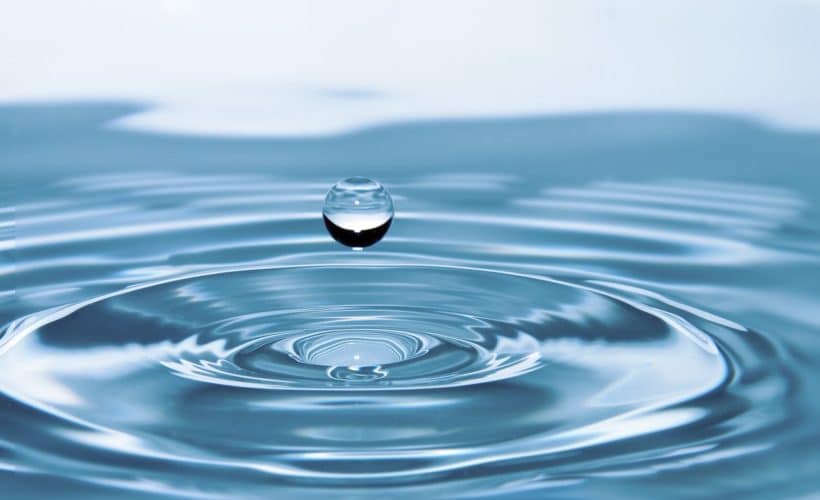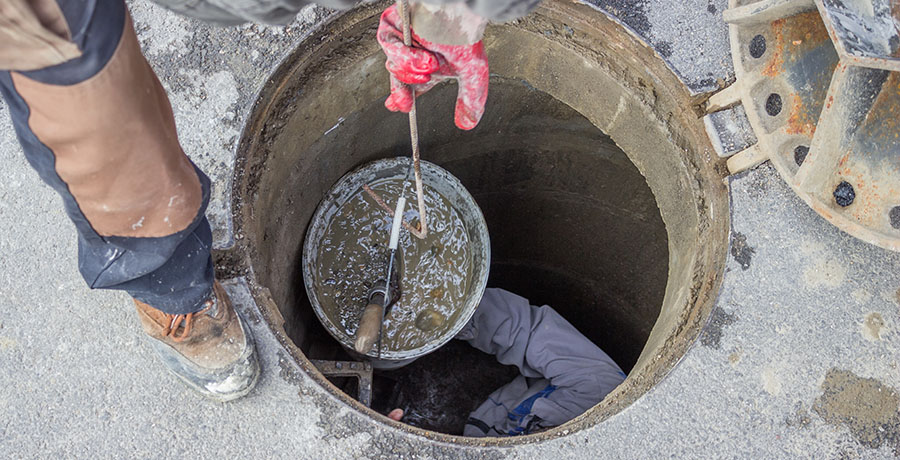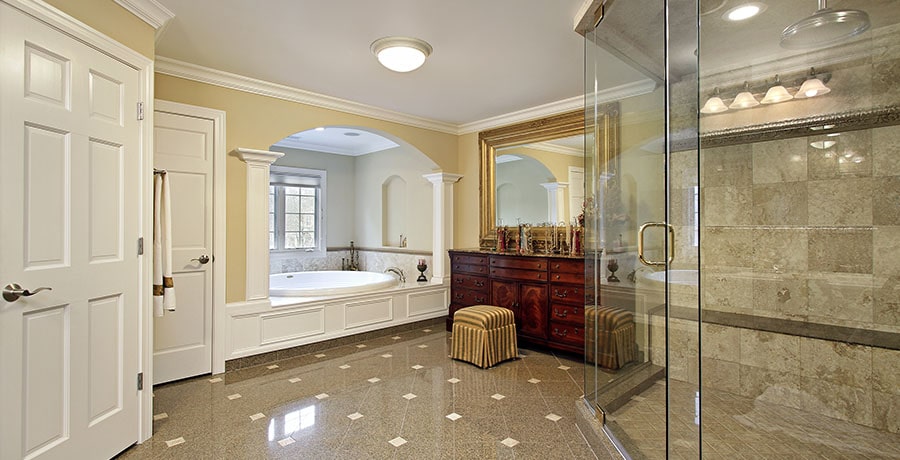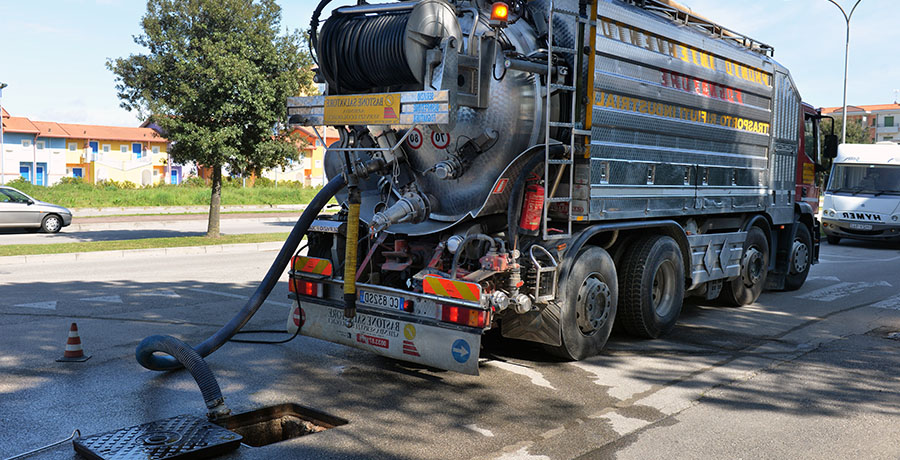
Hard water is pretty much useless around the house. So, what’s the best way to go about this situation? The answer to all of your hard water-related problems is to use a water softener system. Here is everything you need to know about things to keep in the back of your mind when buying water softeners.
Is My Water Hard?
Before getting a water softener, you need to think about a possibility first. Is your water even hard? Do you need a water softener? First, you’ll need to test your supply water for hardness. You can get a water report from your supply company or you can run tests in a lab, if you have one near you. The trick is to figure out whether you need a water softener or not.
A lot of the time, slightly hard water is usable, and you don’t need to invest in an assembly that’s going to soften water for you. However, if the degree of hardness exceeds 7 to 10 parts per liter, then you need to invest in a good water softener.
Do You Need A Water Softener?
A water softener is different from a water filter. Both serve different purposes and remove different things. So, the thing that you need to do your research on, is the fact that whether you need a water softener or something else to purify the water.
This is why knowing the types of impurities present in the water is crucial because you want to employ a treatment and purification system that will work at its full capacity.
How Much Water Do You Need To Soften?
Sometimes, hard water isn’t a lot. It’s just the first couple of liters that are hard and after that, soft water can start running through your taps. This is a very common problem in a lot of areas where water supply isn’t as consistent.
So, you need to wait for some time and get the water checked timely for hardness. The last thing you want is to spend money on a water softener and find out that you don’t even need it anymore. So, be patient and then figure out whether you need to invest in a water softener or not.
What Does A Water Softener Remove?
You’ve thought about everything, but if you still don’t know what a water softener removes, then don’t buy it until you get the full gist of it. A water softener only removes hardness-inducing ions of calcium and magnesium and exchanges them for neutral or salt ions in the water. It neither filters the water nor purifies it in any way, shape, or form.
For a water softener to work properly, you will need to treat water that’s already filtered and purified, and then the ion exchange process will get rid of the hard ions of calcium and magnesium. So, if your water is contaminated, you should use a water filtration system Erie for purifying it and then a water softener for removing its hardness.
The Size Of The Water Softener
There are a lot of sizes of water softeners that are available for houses, as well as industrial use. For the house, you can get a water softener that’s decently sized. You don’t need to spend a lot of money on a water softener that’s humongous in size.
This is why it is important to think about the size of the water softener you need before investing in it because it’s not a cheap thing to buy. What if your water doesn’t need a lot of softening? What if there is a lot of water that needs to be softened? These are things that need consideration when you’re thinking about getting a water softener. Get the right size, because that will matter the most in the long run and you’ll pat yourself on the back for thinking smartly.
The Type Of Water Softener To Get
There are different types of water softeners available. The first one is the salt water softener that uses salt as a primary exchange medium to get rid of the heavy calcium and magnesium ions. The second type of water softener is a no salt water softener, that has other mediums to use for exchanging the ions from hard water. You can get any type of water softener you need. There’s no specific type that’s better than the other.
The only thing that you need to keep in mind is the fact that salt water softeners will lead to a tad bit of salty water, after treatment, whereas no salt water softeners won’t impart any taste to the treated water, so the choice is ultimately up to you. If you want to drink soft water, keep in mind that a water softener doesn’t removes anything other than calcium and magnesium from water.
Consideration Of Electricity Bills
The next thing to consider before buying a water softener, is the electricity bill. Water softeners don’t run on empty. There needs to be a steady supply of electricity when the water softener is operating or regenerating. So, if you think that your electricity bill will not rise, then you couldn’t be more wrong.
A water softener uses a lot of electricity, so you better be prepared for the high bills. It’s better to use a water softener when you need it and then turn it off, because not a lot of people do that either and then their bills skyrocket.
What Is The Regeneration Cycle?
You might have heard about this term a lot. A regeneration cycle is the replenishment of the resin bed present in the water softener. A resin bed is a place where the exchange of ions takes place and it can become clogged with the calcium and magnesium ions after every couple of liters of water treated.
This is why the resin bed needs to be washed or regenerated, to maximize the efficiency of the water softener.
How Is A Water Softener Maintained?
The next order of importance, when it comes to buying a water softener, is its maintenance. How do you maintain a water softener? Well, there is the resin bed maintenance, and then there is the maintenance of the pipes, valves, and salt brine tank.
Salt can get stuck in the pipes and grooves of the water softener and it can turn into a hard consistency, known as sludge. This needs to be removed, every so often, otherwise, the water softener will not work efficiently and you might run into problems.
How Much Does A Water Softener Cost?
A water softener is an expensive investment, that’s for sure. You can’t expect to get a water softener for cheap, so knowing the prices of different water softeners and having a budget is extremely important. A water softener can cost you anywhere between $600 to $5000 and then there are the hefty maintenance costs as well.
So, it’s good to do your research when buying a water softener because the prices will surprise you. Salt water softeners will be a bit more expensive because there’s also the cost of salt involved and you need to replenish the brine tank.
Conclusion
Water softeners aren’t “one size fits all”. There is a lot of consideration that’s done before a water softener installation Warren. Consider the size, type, and cost of water softeners so you can select the one that meets your requirements and budget.



